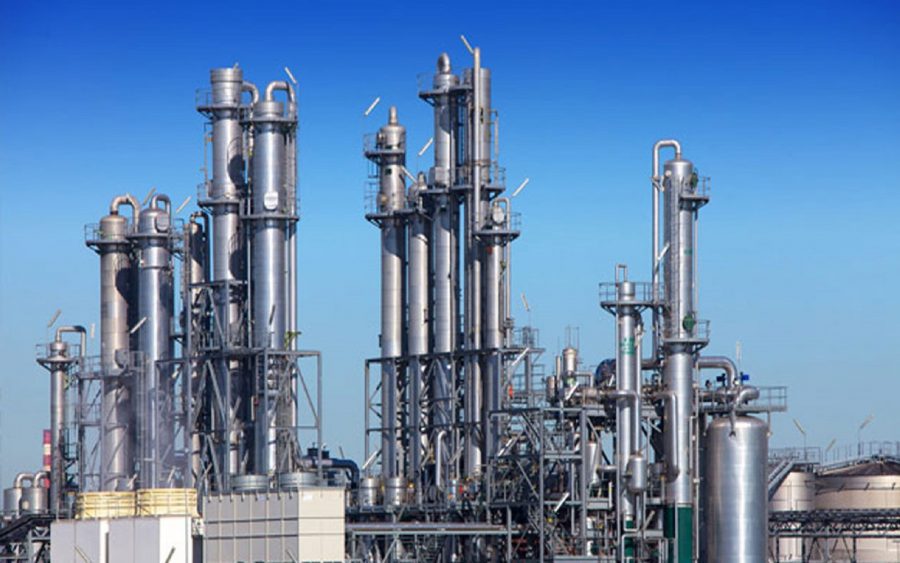Dangote Refinery and other local refineries have increased their crude oil requirements from Nigeria’s oil-producing companies to 597,700 barrels per day (bpd) for the next five months. This marks a significant rise from the 483,000 bpd required in the first half of 2024, as confirmed by a statement from the Nigerian Upstream Petroleum Regulatory Commission (NUPRC) and reported by Reuters.
However, the report highlights a major shortfall in supply. In the first six months of the year, oil companies could only deliver 177,777 bpd to the refineries, far below the required amount. This growing demand from local refineries and the challenges oil producers face in meeting these needs has led to tensions between the 650,000-bpd Dangote Refinery and the NUPRC.
NUPRC’s Inability to Enforce the Petroleum Industry Act (PIA)
Earlier reports indicated that the Dangote Refinery had criticized the NUPRC for failing to enforce the Petroleum Industry Act (PIA), particularly regarding the domestic supply of crude oil to local refineries. In a statement released by Anthony Chiejina, the refinery’s spokesperson, it was revealed that the NUPRC had only facilitated the sale of a single cargo between the refinery and crude oil producers, which is insufficient to meet the refinery’s needs.
Chiejina expressed frustration that most of the crude processed by the refinery had to be purchased from international traders rather than directly from Nigerian oil producers. He also noted that the NUPRC cited the “sanctity of contracts” as a reason for its inability to enforce the domestic crude supply obligations outlined in the PIA.
Future Outlook and Concerns
As Nigerians and fuel marketers eagerly await the distribution of Premium Motor Spirit (PMS) from the Dangote Refinery and other refineries across the country, concerns persist about the ability to meet local crude oil demand. The NUPRC has announced that eight refineries are expected to commence operations in August, with a combined refining capacity of 864,500 bpd. This will require oil producers to supply more than half of that amount.
52 oil producers, including major players like TotalEnergies, Chevron, Shell, and ExxonMobil, are expected to supply the necessary crude, primarily through their joint venture operations with the Nigerian National Petroleum Corporation (NNPC) Limited. As the situation develops, the ability to meet these rising demands will be crucial for ensuring the success of Nigeria’s refining sector and the stability of its energy supply.


